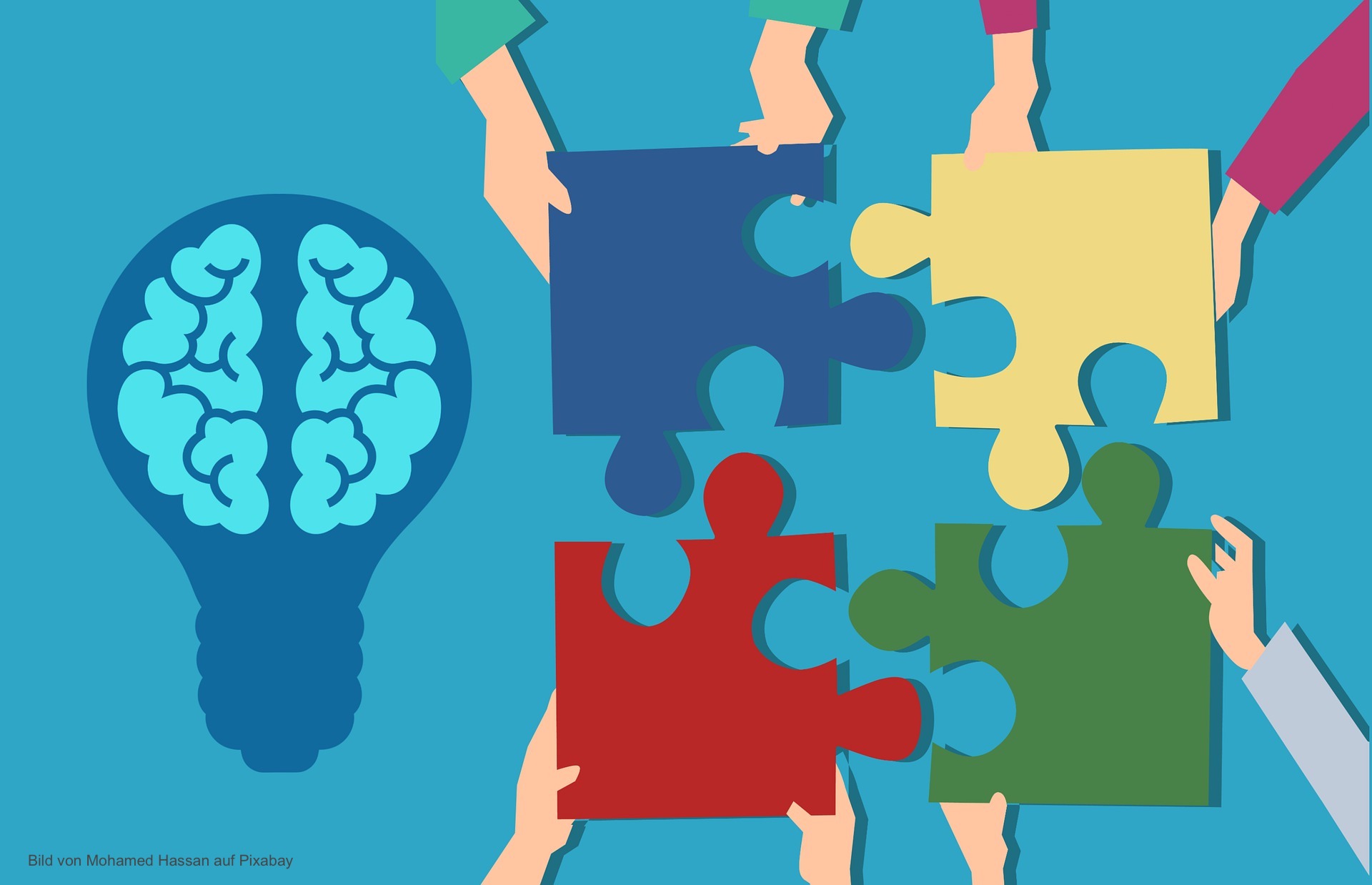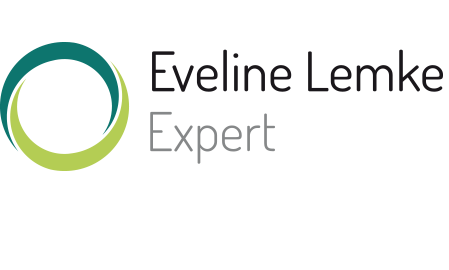
Living Labs – real laboratories for the future of the circular economy
Real-world laboratories are seen as a means of quickly finding good solutions to the crises of our time. They are seen as a new form of cooperation between science and civil society that focuses on mutual learning in an experimental environment. However, if we ask our customers from the business world, they would tell us that all their innovation projects also have a real-world laboratory character. So what is really new and why is it good that politicians have recognized this and are strategically introducing it into the policy toolbox?
The answer is simple: setting a political framework takes time. But we don’t always have that in the face of multiple crises. Moreover, politicians are not allowed to “experiment”. However, the expectation of politics to always do everything correctly and to transform entire societies in a targeted manner is excessive. That is why we need spaces in which experience can be gained with new instruments and politicians can quickly implement reforms which, in case of doubt, can be reversed after a set period of time. The 49 euro ticket is an example of this. Other examples and areas of potential can be found in the testing of autonomous and networked buses, ships, drones and telemedicine.
The German government is taking a strategic approach. That is why it has already included this in the 2021 coalition agreement. It states: “Among other things, the law should enshrine overarching standards for real-world laboratories and experimentation clauses that offer companies, research institutes and local authorities attractive conditions and at the same time promote regulatory learning.” It has also drafted a Green Paper and agreed a strategy for this. This also provides for amendments to articles of law that could, among other things, advance the circular economy. Based on our experience of innovation development with the economy, we therefore asked ourselves and also answered the question of what should be included.
We therefore started by looking at the innovation problems of circular economy projects. After all, it is only by defining the problem that we can identify the solution. We have summarized our recommendation for overcoming the numerous bureaucratic, market-integrative and cognitive hurdles that are encountered in 6 points. Especially against the background of different legal regimes, such as substance, waste, consumer protection or plant licensing law, our white book is both overarching and specific at the same time.
Anyone who would like to read it or work with it is cordially invited to do so. We will send it to you on request to info@thinking-circular.com, because we are also interested in who stays on the topic. This will enable us to link up and engage in joint activities. We look forward to hearing from you directly!



No Comments